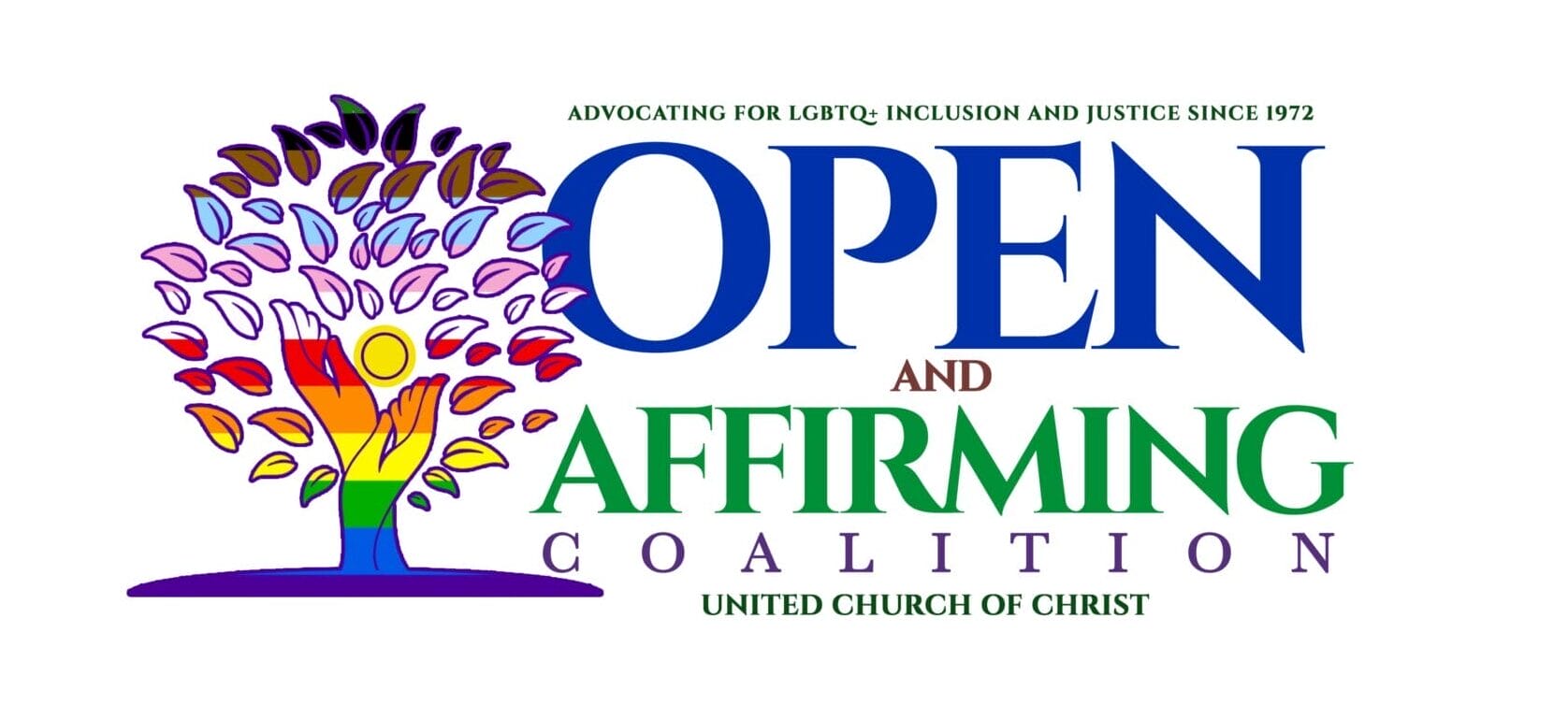HIV/AIDS is one of the most serious health crisis the world has ever faced. HIV does not discriminate. Whether we realize it or not, all of us are affected: rich and poor, especially the poor; men and women, especially the women; old and young, especially the young; and people of every race, especially people of color. Within the United States few members of the LGBT community felt the lack of hope an HIV diagnosis brought in the earliest days of the pandemic. But for the first time, recent trends show new infections are decreasing and access to antiretroviral treatment is increasing around the world.
At the end of 2003, the United Nations estimated that more than 40 million people are living with HIV, the virus that causes AIDS. Nearly three-fourths of them live in sub-Saharan Africa, just one million in the United States. By 2019, that number had dropped to around 38 million people around the globe. In fact, “an estimated 1.7 million individuals worldwide acquired HIV in 2019, marking a 23% decline in new HIV infections since 2010,” according to a recent study. Additionally according to the same study, “as of the end of 2019, 25.4 million people with HIV (67%) were accessing antiretroviral therapy (ART) globally.”
The Coalition is a supporter of the “UNAIDS 90-90-90 goals, set as targets that by 2020, 90% of all people with HIV will know their HIV status, 90% of all people who know their status will be on ART, and 90% of all people receiving ART will have viral suppression. Tracking progress toward those goals, UNAIDS reports that in 2019, of all people with HIV worldwide 81% knew their HIV status, 67% were accessing ART, and 59% were viral-ly suppressed.” Since the peak in 2004, AIDS-related deaths have decreased 60%. One of the unfortunate side effects of the Covid-19 pandemic is it pulled resources and research from HIV and AIDS. However, as soon as the current crisis has been addressed, the push to achieve the 90-90-90 goals will resume.
Stephen Lewis, UN Special Envoy for HIV/AIDS in Africa, has called apathy in the face of HIV/AIDS “mass-murder by complacency.” Our hope is in our ability to mobilize the full potential of our resources and compassion to address the many facets of HIV/AIDS affecting our families, communities and world. Undergirding all of our work is the Gospel truth that it is God’s will to bring healing and wholeness to a world with HIV/AIDS. [From UCC HIV/AIDS Ministries]
Resources
Please use the resources in this section to learn more.
- UCC HIV/AIDS Ministry
Official site for HIV/AIDS ministry in the UCC and the UCC HIV/AIDS Network (UCAN). - United Nations Global HIV and AIDS statistics – 2020 Fact Sheet.
Learn more about the global fight against HIV and AIDS. Additional information available in the full report. - Prevailing against pandemics by putting people at the centre — World AIDS Day report 2020.
Also from UNAIDS. - Affirming Persons—Saving Lives
Affirming Persons—Saving Lives is a curriculum for all ages designed for churches. The download is free. - UCC General Synod HIV/AIDS resolution
Strong biblical and theological rationale. - World Health Organization
HIV/AIDS page with links to international resources.

